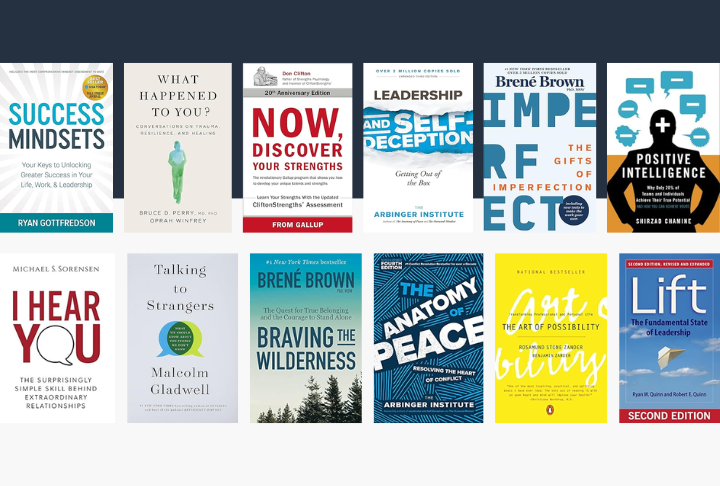I have a question for you that I believe is a quick indicator of whether or not you are an effective leader.
Here it is:
Do you believe that humility, vulnerability, and authenticity are essential for effective leadership?

If you answer “yes” and lead using these traits, it is a strong signal that you are an effective leader.
If you answer “no” and shy away from these traits, it is a strong signal that you are not as effective as you could be.
To explain why this question is a good indicator of effective leadership, we have to go back to the basics of leadership.
Basics of Leadership
A leader is someone who uses power and influence to direct others to goal achievement.
But, there are two broad types of power that leaders can use to direct others to goal achievement, one being more negative and the other being more positive.
These types of power are organizational power and personal power.
Organizational Power
When we lead with organizational power, we seek to influence others in at least one of three ways:
- Our authority
- Rewards
- Punishment
When we rely upon organizational power, people follow us, not because they want to, but because they feel compelled to.

Personal Power
When we lead with personal power, instead of seeking to influence others, we seek to become someone that others want to follow. There are two forms of personal power:
- Expert power – we have knowledge or expertise that others want to rely upon
- Referent power – because of the qualities we have, others want to be associated with us
When we rely upon personal power, people follow us because they want to, not because they feel compelled to. As such, those who work under a leader with personal power are more engaged, empowered, and effective.

Which form of power is most common in organizations?
Far and away, the more common power leaders utilize in organizations is organizational power.

This is because it is easier to gain and easier to wield. It requires very little of someone. Essentially, all one needs to do to gain organizational power is to get promoted into a position of authority. Then, once in that position, it is relatively easy to get others to respond to your demands if you offer rewards or punishments.
While organizational power may lead to more immediate responses, it generally has long-term negative consequences.
If we want to lead with personal power, it requires something of us. It requires us to become someone others want to follow. Wielding this form of power may not result in the most immediate responses, but it generally has long-term positive consequences.
Do you believe that humility, vulnerability, and authenticity are essential for effective leadership?
This brings us back to our original question. One of the reasons why it is a good indicator of whether or not someone is being an effective leader is that it distinguishes whether or not someone is primarily leading with organizational power or personal power.
If someone is primarily leading with organizational power, meaning they generally focus on being in a position of authority, they likely view being humble, vulnerable, and authentic as being detrimental to their leadership. This is because these traits generally reduce the vertical distance between the leader and followers, which they rely upon for their influence.
But, if someone is primarily leading with personal power, meaning they are seeking to become someone others want to follow, they likely view being humble, vulnerable, and authentic as being necessary to their leadership. This is because these traits generally make one somebody that others want to follow.
Do you see why our original question is a quick indicator of whether or not you are an effective leader?
It reveals the power base that the leader seeks to influence others.
Challenge for You
This leads to a natural challenge: Seek to lead and influence by becoming more of someone others want to follow.
This is going to require learning the value of humility, vulnerability, and authenticity, and then developing these characteristics.
Here are some great articles and books on these topics:
- Humility: Becoming a More Positive Influence: Be Intellectually Humble
- Humility: Do You Have a Closed or an Open Mindset?
- Vulnerability: Dare to Lead: Brave Work. Tough Conversations. Whole Hearts. By Brené Brown
- Vulnerability: The Leadership Case for Vulnerability
- Authenticity: What’s Authentic Leadership, & How Do You Practice It










